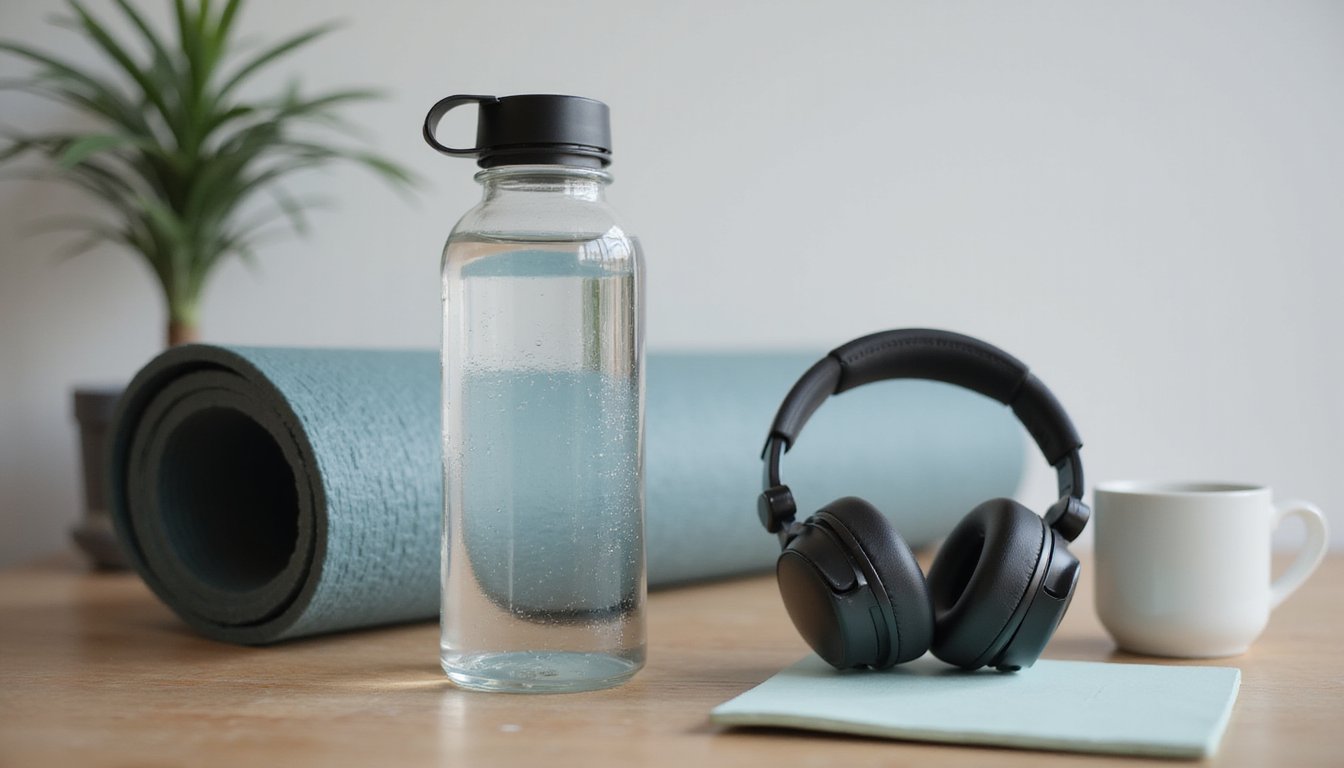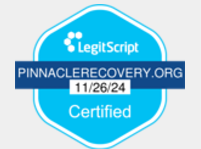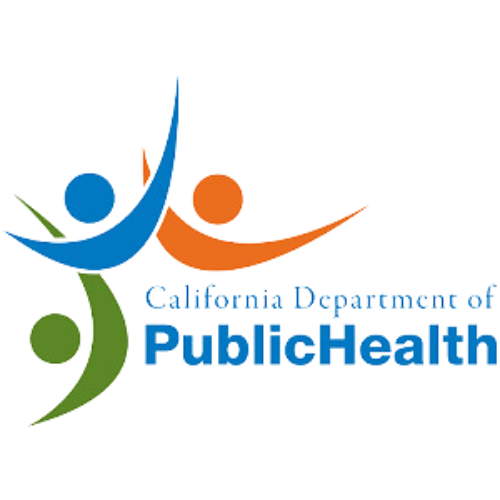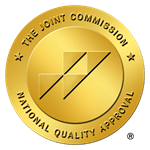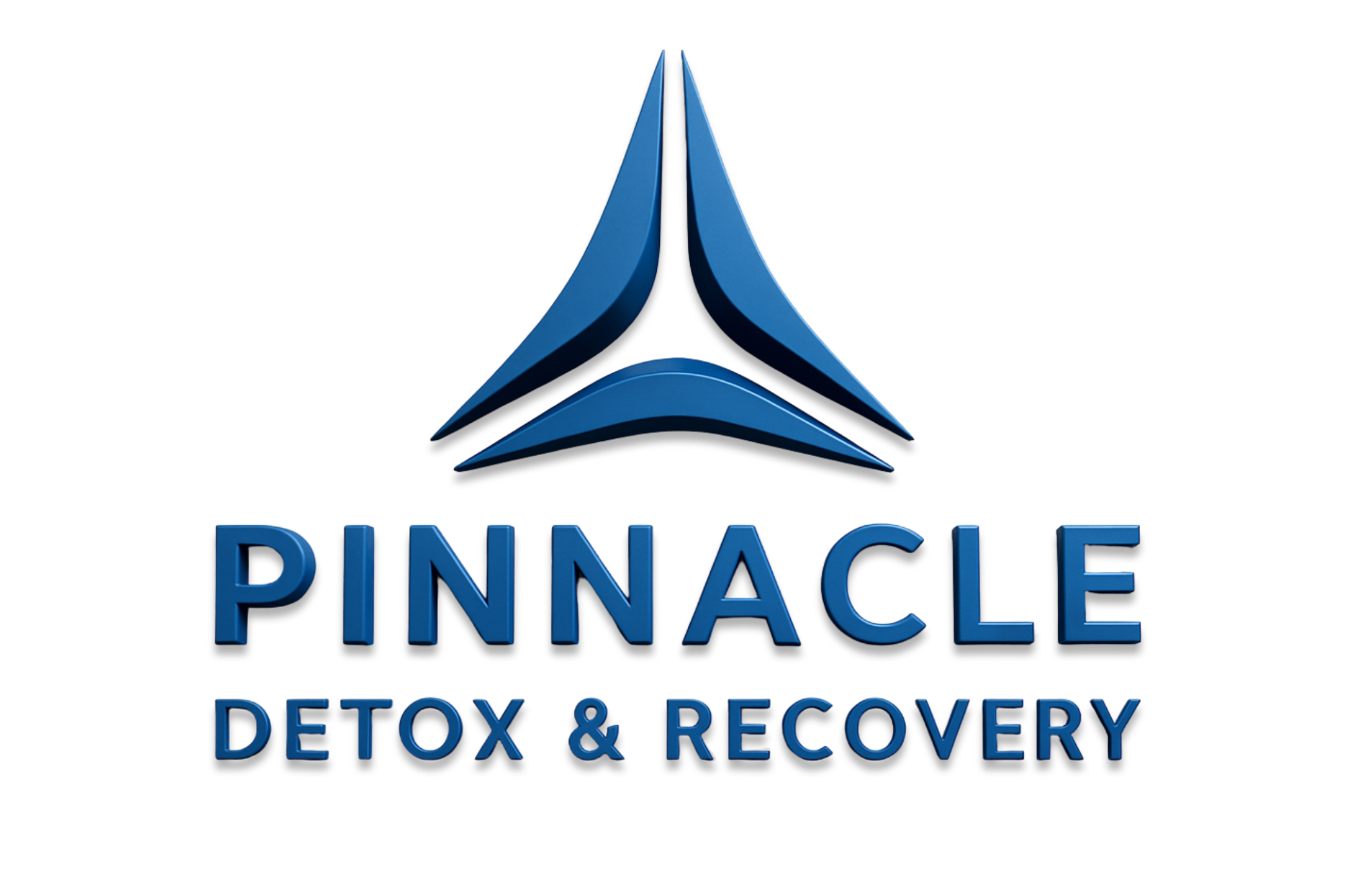If you’ve been sober for a little while, it may not take long before you find yourself asking “When does sobriety get easier?” Rest assured–you are not alone. Early sobriety can be overwhelming and challenging because it usually involves physical changes, intense emotions, and changes in social patterns and friendships. The good news is that sobriety will get easier over time with dedication, good self-care, and positive support. This blog is intended to educate and provide hope for a better, and sober, future.
The Challenges of Early Sobriety
Choosing to enter rehab and pursue sobriety is a major decision, and early sobriety can be difficult for several reasons. In the first few days or weeks of sobriety, people often experience withdrawal symptoms. Symptoms may be more severe depending on the substance and the level of dependency. Physical symptoms are likely to include cravings, nausea, headaches, and difficulty sleeping. On an emotional level, irritability, mood changes, and anxiety and depression are not uncommon.
Social habits or patterns may also need to change. This could include separating yourself from people that may not be supportive of your recovery, or discontinuing activities that you have previously associated with substance use. This is easier said than done, and it can be easy to feel alone and isolated during the early days of sobriety.
As challenging as this can be, sobriety does get easier. It can be a time of self-discovery, growth, and new beginnings, or perhaps a return to activities you used to enjoy. There are also tangible benefits that can appear early on, such as improved physical health, clarity of mind, better sleep, and improved relationships with loved ones.
Key Milestones in Sobriety
Because sobriety, and remaining sober, is a major accomplishment, it should be celebrated regularly, along with any milestones along the way. Some local Alcoholics Anonymous (A.A.) groups or peer support meetings hand out sobriety coins to commemorate key milestones at 30, 60, and 90 days, then monthly and annually after that. Some people may choose to celebrate their sobriety by sharing with friends and family, perhaps even on social media. Not everyone is comfortable sharing and celebrating their milestones publicly, however. It’s important to remember there isn’t really a right or wrong way. These moments and milestones are your achievement and you should choose to celebrate them (or not) in a way that is meaningful to you.
Celebrating key milestones in sobriety is largely recognized as an important practice in recovery. It can boost your morale, give you time to reflect on your journey, and may even help strengthen your support network if you choose to include others in the celebration or recognition of your milestone. Many programs and experts encourage celebration of all milestones, no matter how big or small.
What Makes Sobriety Easier?
Perhaps you are at a stage in your journey where you have stopped asking “when does sobriety get easier” and are instead reflecting on what makes sobriety easier. Practicing self-care is an important part of recovery for most, and prioritizing sleep and managing stress can set you up for continued success. It takes significant energy to change habits and mindset, so being at your best and most rested whenever possible is really important.
Creating new habits and establishing new routines to replace the time you previously spent on substance use can be enjoyable and rejuvenating. Boredom can lead to relapse so identifying this as an opportunity to pursue new or long lost passions can help fill the time and set you up for success. What is something you haven’t done for a long time that you used to love? What are some interests or hobbies you haven’t pursued because you didn’t previously have time?
One great tool for moving past the first 30 days of sobriety into long-term recovery is The Next Steps…Toward a Better Life, a guide from SAMHSA (Substance Abuse and Mental Health Services Administration). Tools like this can help you anticipate challenges and plan your future how you want.
Seeking professional help is also an important strategy and will make achieving sobriety easier. Depending on where you are in your journey, an inpatient rehab that offers evidence-based therapies, innovative treatments, and a variety of activities can equip you with tools and a strong base for long-term sobriety. Beginning rehab in an environment away from stressors and triggers connected to substance use will make sobriety easier. Outpatient programs that offer counseling and therapy can provide the skills to make long-term recovery a reality.
Sobriety and Pinnacle Detox and Recovery
So, when does sobriety get easier? That depends on each individual person. Sobriety is a journey, not a destination. It takes work and dedication, but with a good support network, skill development, and personal growth, sobriety will get easier every day. If you or a loved one is ready to take the next steps towards recovery, please contact us today. Pinnacle Detox and Recovery offers compassionate, personalized care in a beautiful and peaceful environment, with a focus on long-term recovery and relapse prevention. You can do this. We are ready to help.
